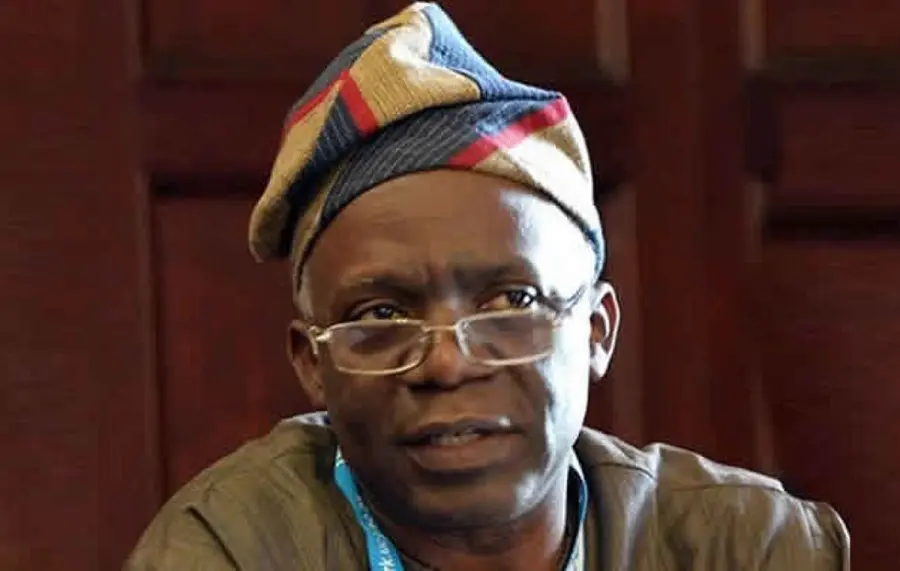Nigeria’s Economic and Financial Crimes Commission (EFCC) has been embroiled in controversy, with increasing calls for its dissolution sparking intense debate. However, prominent human rights lawyer Femi Falana has firmly asserted that the anti-corruption agency is here to stay.
“For me, the ICPC and the EFCC, like the Code of Conduct Tribunal, have come to stay. What we should be demanding are measures to make these institutions autonomous, not under the control of any government,” Falana said.
He emphasized the Supreme Court’s position that the EFCC should function independently of federal control, highlighting its critical role in combating economic and financial crimes, as well as corruption. “The Supreme Court has maintained repeatedly that the EFCC and ICPC are common agencies, and they shouldn’t be under the control of the Federal Government,” Falana added. “They are vital for fighting economic crimes, financial crimes, and corruption in our country.”
On the other hand, Olisa Agbakoba, a former President of the Nigerian Bar Association, argues that the EFCC was unlawfully established. In letters to the Senate and House of Representatives dated October 14, 2024, Agbakoba claimed, “The powers under which it was established go beyond the National Assembly’s powers. The EFCC is an unlawful organization.” Agbakoba supports the legal challenge brought by 16 states against the EFCC’s constitutionality, viewing it as an opportunity to resolve lingering questions about its legitimacy.
The 16 states, including Ondo, Edo, Oyo, and Niger, argue that the laws establishing the EFCC contradict the Constitution, rendering the agency’s existence unconstitutional. The Supreme Court, led by Justice Uwani Abba-Aji, has scheduled a hearing on the matter for October 22.
Falana reaffirmed that the establishment of the EFCC and ICPC aligns with Section 15, Sub-Section 5 of Nigeria’s Constitution, which mandates the state to actively combat corruption.




